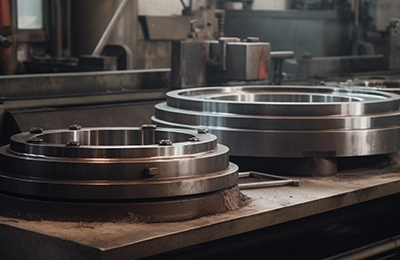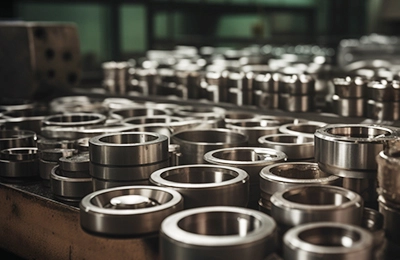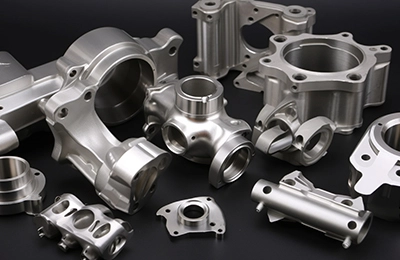ABS CNC turning produces custom high-tolerance ABS plastic parts with fast turnaround using CNC lathes and expertise in programming and machining.
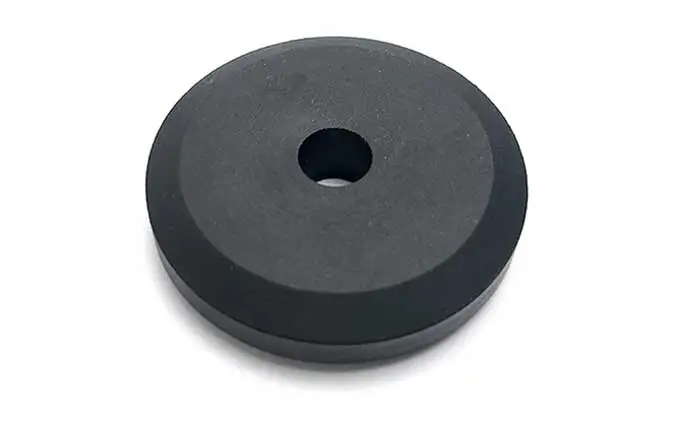
ABS CNC Turning crafts custom precision-turned ABS plastic parts using CNC lathes. Fast turnaround, competitive pricing. 15+ years expertise. Get an instant quote.
Polylac PA-746
Polylac PA-765
Cycolac MG47
Lustran 433
Lustran PG 298
Lustran 348
RTP 605
| Maximum Part Size | 18.9 in. x 29.6 in. x 8 in. (480mm x 751mm x 203mm) |
| Maximum Volume | 59 cu. in. (966,837mm) |
| Recommended Wall Thickness | 0.045 in. - 0.140 in. (1.143mm - 3.556mm) |
| Tolerances | +/- 0.003 in. (0.08mm) with an included resin tolerance that can be greater than but no less than +/- 0.002 in./in. (0.002mm/mm) |
Acrylonitrile butadiene styrene (ABS) is an engineering thermoplastic commonly used in injection molding applications. This article compares the key material properties of various ABS materials including tensile strength, flexural modulus, izod impact strength, heat deflection temperature, and density. Factors that influence ABS properties such as fillers, alloys, and processing are discussed. A table summarizes the properties for easy comparison between different ABS grades. This is useful for engineers selecting the optimal ABS material for their design requirements.
| Material | Tensile Strength (MPa) | Flexural Modulus (GPa) | Izod Impact Strength (J/m) | Heat Deflection Temperature (℃) | Density (g/cm3) |
| ABS | 45 | 2.3 | 200 | 93 | 1.04 |
| ABS + 20% GF | 70 | 7 | 110 | 115 | 1.3 |
| ABS/PC | 53 | 2.5 | 250 | 120 | 1.12 |
| ABS/PVC | 42 | 2.7 | 180 | 87 | 1.16 |
| High Impact ABS | 40 | 2.1 | 450 | 85 | 1.05 |
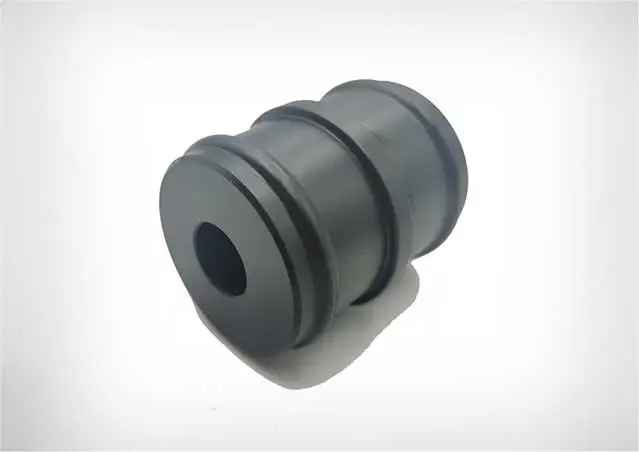
Acrylonitrile butadiene styrene (ABS) is a common thermoplastic used for CNC turning applications. This article discusses the benefits of using ABS for CNC turned parts and components. Key factors like machinability, mechanical properties, dimensional stability, and material cost are analyzed. Optimal ABS grades for precision turning and the effects of part geometry on tool wear and surface finish are covered. Recommendations on cutting parameters, tool selection, and finishing techniques for superior ABS turning performance are provided. This is useful for machinists and engineers looking to utilize ABS on CNC lathes to produce turned plastic components with reduced cycle times, high quality, and lower costs.
